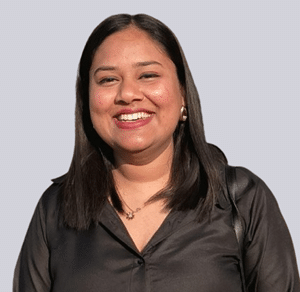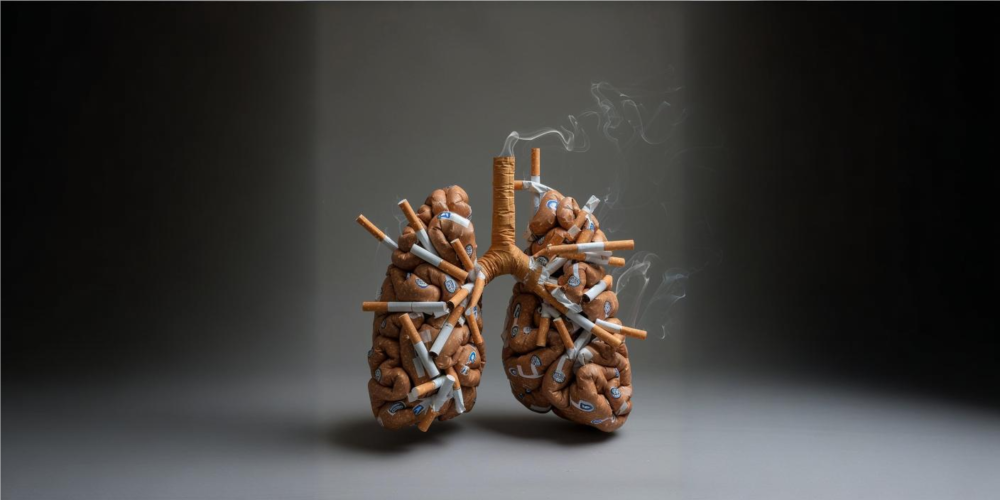From diagnosis to defiance: The real stories of cancer survivors who fought back
Those who have lived through cancer, and survived, tell a story different to popular belief— not of endings, but of endurance, courage, and new beginnings
Author
Author
- admin / 2 months

- 0
- 13 min read
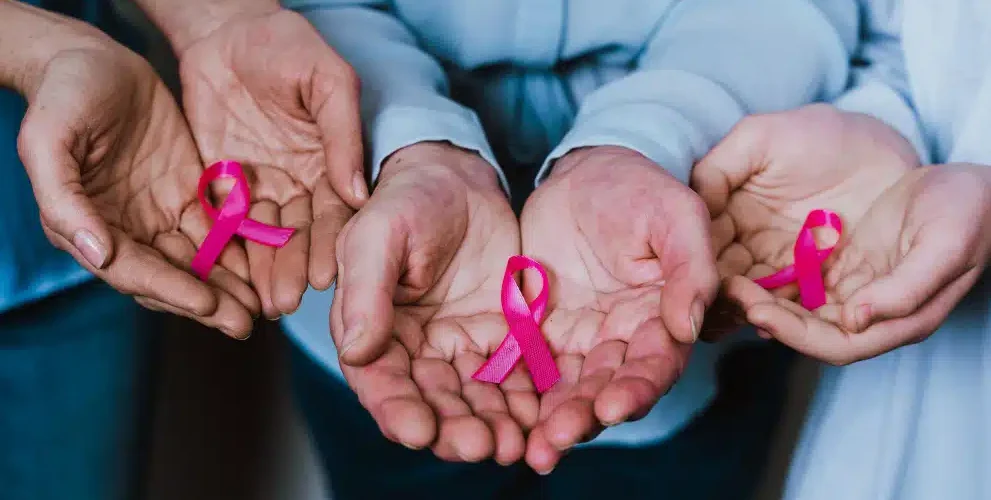
Author
For many of us, growing up, the idea of cancer was always portrayed as an almost inevitable ‘end’. Popular culture showed people wasting away, pale faces, dark circles, trembling hands, and a slow, painful decline. Cancer, which remains one of the leading causes of death worldwide, claiming nearly 10 million lives in 2020, was synonymous with hopelessness for decades.
But those who have lived through it, and survived, tell a different story— not of endings, but of endurance, courage, and new beginnings. The World Health Organisation (WHO) has also highlighted that almost half of the cancers are preventable by avoiding risk factors, and the disease burden “can also be reduced through early detection of cancer and appropriate treatment and care of patients who develop cancer.”
“Many cancers have a high chance of cure if diagnosed early and treated appropriately,” according to them. And there are enough stories of survivors around us that offer hope—stories of individuals and families who refused to give in, who fought back, and who continue to live each day as a testament to survival, resilience, and the possibility of life beyond a diagnosis.
‘Laughter, routines, and time with loved ones are just as healing as any medicine’
“This journey has been one of the most challenging and yet transformational parts of my life,” said Kritika Kamthan, a Delhi-based strategic communication professional, recalling the moment that reshaped her world and perspective— when she was diagnosed with Stage 3 Thyroid Cancer in July 2014. It was a revelation that forever divided her life into a ‘before’ and ‘after.’ The news came without warning, shaking her and her family.
“My family – my parents, siblings and other close relatives – were suddenly faced with the fact that someone they love and depend on was under threat, with so many unknowns ahead,” she said.
It did not help that her references for cancer, like many of us of the same age or older generations, were not ones that inspired hope or confidence. “Before my diagnosis, cancer was something that happened to other people. I had seen my grandmother lose her battle when I was young, but I never truly understood the medical complexities, the emotional toll, or what it meant for someone’s life beyond hospital visits, until I lived it,” she shared.
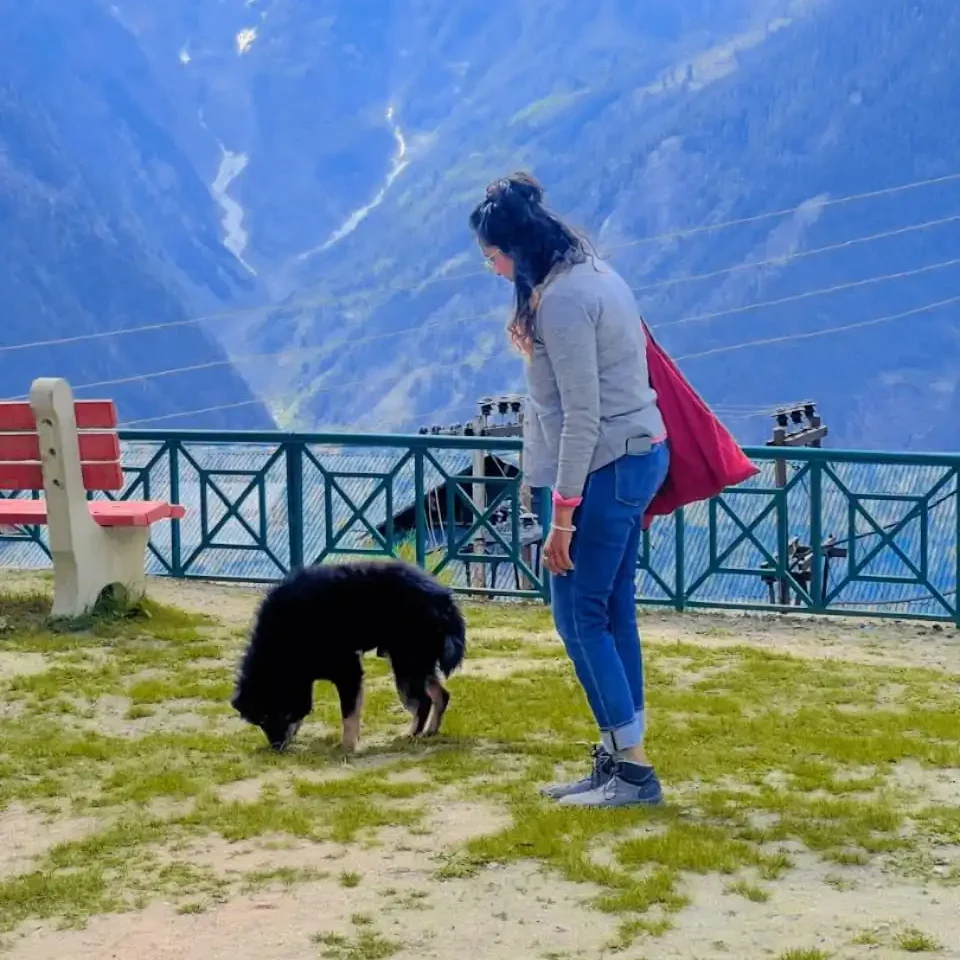
The early days after diagnosis blurred into endless hospital visits and consultations. Radiation left Kamthan fatigued, and recovery from surgery tested her endurance and patience. Her body began to change in ways she had not anticipated—hair loss, sudden weight gain, and scars that served as daily reminders of the battle she was facing. There were moments when she barely recognised herself in the mirror, and rebuilding a sense of comfort with her own body became an essential part of her healing process.
On particularly difficult days, she even felt like giving up. “I felt like giving up when results didn’t go our way, when loneliness crept in, or when side effects made me doubt if I could continue… But over time, I learned to see these moments as part of the journey, not the end of it,” she said.
“A conversation with a doctor and a fellow patient helped me shift perspective. I began to see myself not as “the cancer patient” but as a person with dreams, rights, and a life beyond treatment,” she recalled.
Through it all, her family was her biggest support system. “In the early days after the diagnosis, there were multiple hospital visits, specialists to meet, decisions to be made, and my family stepped in immediately, who became my support network. They would stay by my side during consultations, help me with logistics of treatment, sit through long waiting hours, hold me when I cried, and stayed strong for me when I was too scared to show my fear,” she shared, adding that they even changed schedules, established new routines and even dealt with the emotional exhaustion, to be able to provide her with the support she needed.
“Knowing I had people who believed in me, who sat by me, who helped carry the burden, made a huge difference. Sometimes their hope became my hope,” Kamthan shared.
Over the months, she began piecing life together again. “The day I finished my last round of radiation stands out vividly. The tears that flowed were a mix of relief, exhaustion, and a strange new fear — What’s next?”
“Today, I am cancer-free, but living with follow-up care, and looking ahead with hope. The journey is still ongoing — there are follow-up checks, sometimes fear of recurrence, but I feel much stronger, more aware, and deeply grateful for the family who carried me through,” she said.
Facing the disease as ‘a team while keeping one’s humanity’, ensuring that life does not revolve ‘only around treatments, hospital visits, and reports’, and finding ‘reasons to smile, moments to rest, and things to celebrate’, are now as much a part of the narrative for many survivors like her.
“Laughter, routines, and time with loved ones are just as healing as any medicine,” she advised.
‘Family motivated each other’
For the family of Pune-based jeweller Eknath Janardan Umale, his father’s thyroid cancer diagnosis last year, around Diwali, was a collective shock. They soon realised that cancer does not just affect one person; it touches everyone in the family.
“When we heard the news, it felt unreal,” he said. “We knew about cancer because there is even an oncologist in our family, but when it happens to someone close, it hits differently. That day, I thought, Why in our family?”
The Umale family is a large joint household, and it was this togetherness that became their biggest source of strength. “At first, everyone was scared. But gradually, we started living with the journey. We made sure dad never felt alone or different. We motivated each other daily, and that kept us going.”
His father’s mental strength also inspired them all. “He never gave up. Even during treatment, he kept his spirit high. We faced each challenge as a team.”
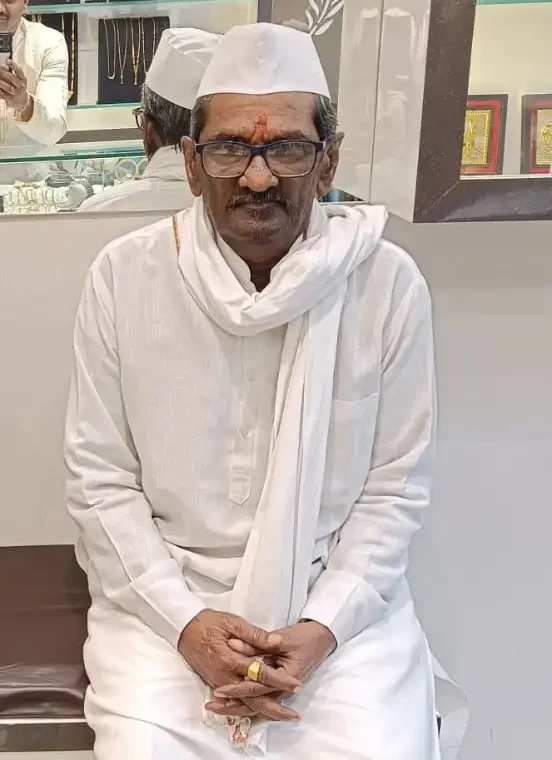
Diagnoses like cancer can often take a toll on not just the patient, but their caregivers too, with moments of uncertainty, anxiety and emotional stress. “Sometimes, we did not know what the right step was or how to manage side effects. But our family doctor guided us through everything. That guidance made a big difference,” he said.
Dr Chaitanya Krishna Sharma (MD, DNB), Onco-Psychiatrist, National Cancer Institute, AIIMS, Delhi, explained that families are often the real backbone of a cancer patient’s journey, but they too need guidance and support.
In many cases, he noted, family members, in their effort to keep the patient “positive,” may unintentionally put pressure on them to always appear cheerful, which can be unfair and counterproductive.
He emphasised that it is normal for patients to feel scared, sad, or low during treatment. “We tell families it’s okay if your loved one feels afraid or overwhelmed,” Dr Sharma said. “Just being there, listening, and helping with small daily things can make a world of difference. Real support is quiet, steady, and kind.”
He also highlighted the importance of caregiver well-being, noting that the emotional and physical toll on families is significant. He encouraged caregivers to take time for themselves and attend to their own health without feeling guilty. “Awareness about caregiver burnout is crucial. Looking after yourself doesn’t take away from caring for your loved one; it actually strengthens your ability to support them,” he added.
‘My father still does not know that I had cancer’
For 40-year-old Babaji Khaire, a farmer from Kalus village in Khed, Pune, cancer arrived like a silent storm. Diagnosed five months ago with Pleomorphic Leiomyosarcoma (PLMS), a rare and aggressive form of soft-tissue cancer.
“The doctor hesitated to tell me the truth, but I told him to say it. Whatever it is, I needed to face it. I was scared, but after one hour, I made up my mind. I had to stay positive. I had to fight,” he said, the memory of the day etched in his mind. “I have seen people in my village die of cancer, people my age and older. When it happened to me, I told myself that this time I will fight.”
Staying positive and fighting was not just a choice; it was the only one he had. “I am the only breadwinner of my family,” he said in a voice that carries both the fatigue of someone who has gone through tough rounds of treatment and the firm resoluteness of somebody who has refused to give up in the face of it. “I have two kids, my wife, and my parents,” he told us, and maybe to remind himself, too.
While family was Kamthan’s biggest support system, Khaire tried to “protect” him from the news. “My father still does not know about my cancer. He is old, and he worries easily. I did not want him to lose sleep or hope,” Khaire said.
Despite his cheerful tone, his story tells you it was not an easy fight. “When I started treatment, I weighed 54 kgs. After surgery and radiation, my weight went up to 69 kgs. The doctors said my will to live was helping my recovery,” he laughed.
Routine and a calm acceptance in the face of the challenging times helped Khaire survive. Even today, Khaire wakes up every morning before sunrise and walks to the field, and tends to it—a routine he never gave up on when he was going through tough rounds of radiation. “These five months were hard. There were days I was in pain, but I kept working. If I stopped, who would feed the family?” he said, highlighting that with the financial burdens of supporting his family and treatments, he had no real choice in the matter either.
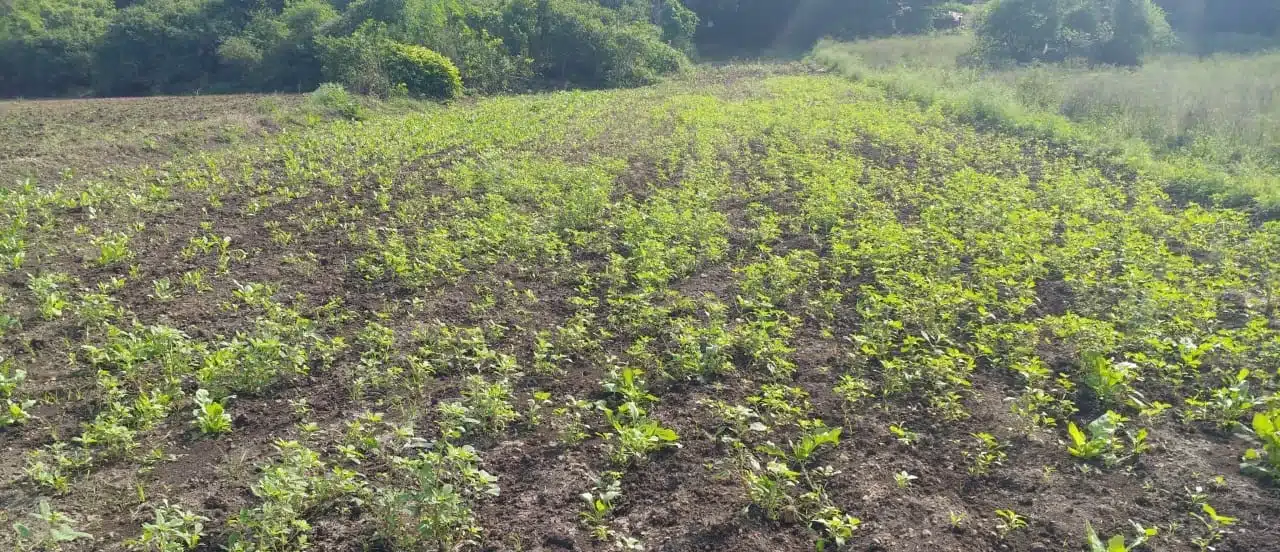
“I used my savings and insurance policy for surgery, and my Ayushman Bharat card covered Rs 5 lakh for radiation. The doctors supported me throughout,” he said of the financial challenges.
Explaining why this journey resonates so deeply with many patients, Dr Sharma noted that when a person first hears the word “cancer,” it is not just a diagnosis; it is almost like time stops for them.
“There’s shock, disbelief, and fear of what lies ahead. Many patients describe it as suddenly being thrown into a tunnel without knowing where it leads. For some, the immediate concern is about survival. For others, it’s about their family, work, or how their life will change. Anxiety and low mood are extremely common at that point. Some people even go through a phase of denial. It’s the mind’s way of protecting itself until it’s ready to process the truth,” he said.
Dr Sharma emphasised that mental health is as important as any medicine. “One out of four cancer patients has a mental health issue. You can’t separate the mind from the body, especially in cancer. When someone feels emotionally supported, when they believe they can still live meaningfully, it changes how they respond to treatment. And importantly, hope isn’t about pretending everything is fine. It’s about finding small reasons to keep going. Studies show that patients with better emotional well-being often cope better, eat better, sleep better, and tolerate their therapies more smoothly,” he explained.
Today, Khaire is cancer-free, and he is ecstatic. He now has but one wish: “I just hope it never comes back.”
A change of perspective towards life: the expert opinion
Dr Sharma shared that when patients struggle with fear, denial, or shock after a cancer diagnosis, the first step is often simply listening. He explained that pushing someone to accept their condition too quickly can be counterproductive. “It takes time for anyone to come to terms with a diagnosis like this,” he said. “We explain things in simple language, at their pace, and help them focus on what can be managed right now instead of what feels impossible.”
He added that his team, which includes psychologists, psychiatrists, and counsellors, works together to help patients and their families find stability. While time constraints sometimes make it challenging to address every emotion fully, Dr Sharma emphasised that they always give their best effort to support both patients and caregivers.
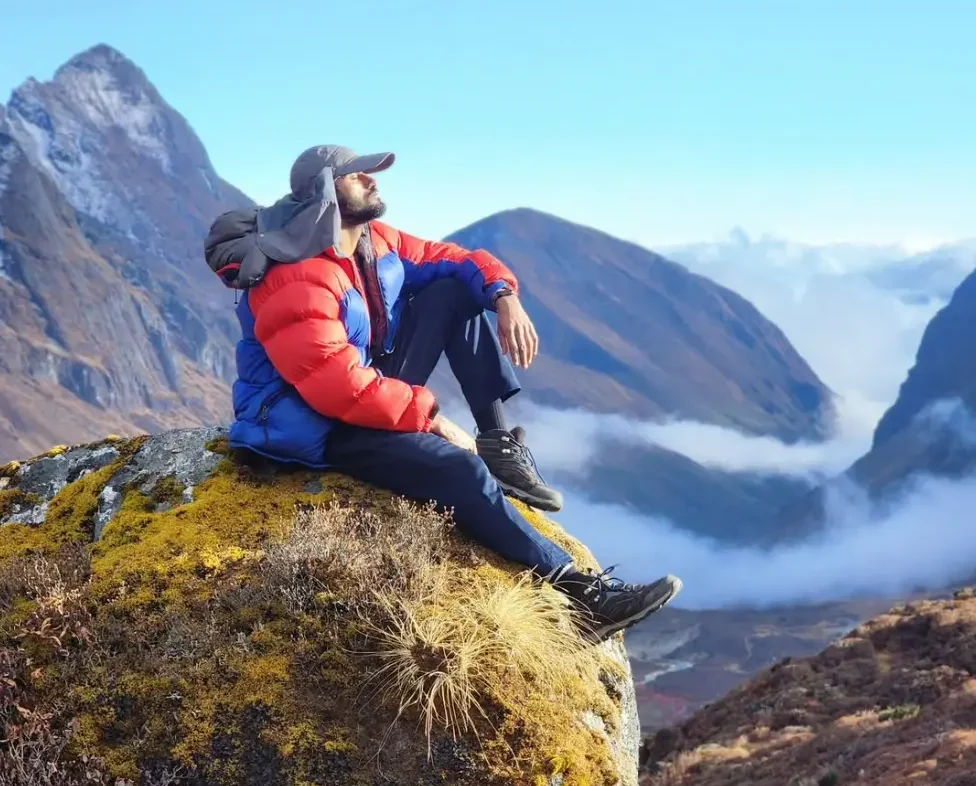
Working closely with cancer patients, he noted, has profoundly changed his own perspective on life. Observing individuals confront mortality, sometimes people his own age or even younger, has stripped away unnecessary noise. Life’s fragility and unpredictability become unmistakably clear. “It’s made me a kinder, more patient person,” he said. “I don’t hold grudges the way I used to, and I try to forgive faster because, in the end, none of us has unlimited time.”
Dr Sharma also reflected on how witnessing patients fight fiercely for just a few more months of life has deepened his appreciation for everyday experiences. “It’s made me value my own health and the time I have on this planet. Seeing people fight so hard to simply move, breathe, travel, or laugh makes you cherish what you already have. That’s partly why I chase new experiences and adventures whenever I can,” he shared.
Also Read: World Cancer Day: Recent cancer misinformation trends that swept the internet
Do you have a health-related claim that you would like us to fact-check? Send it to us, and we will fact-check it for you! You can send it on WhatsApp at +91-9311223141, mail us at hello@firstcheck.in, or click here to submit it online.





